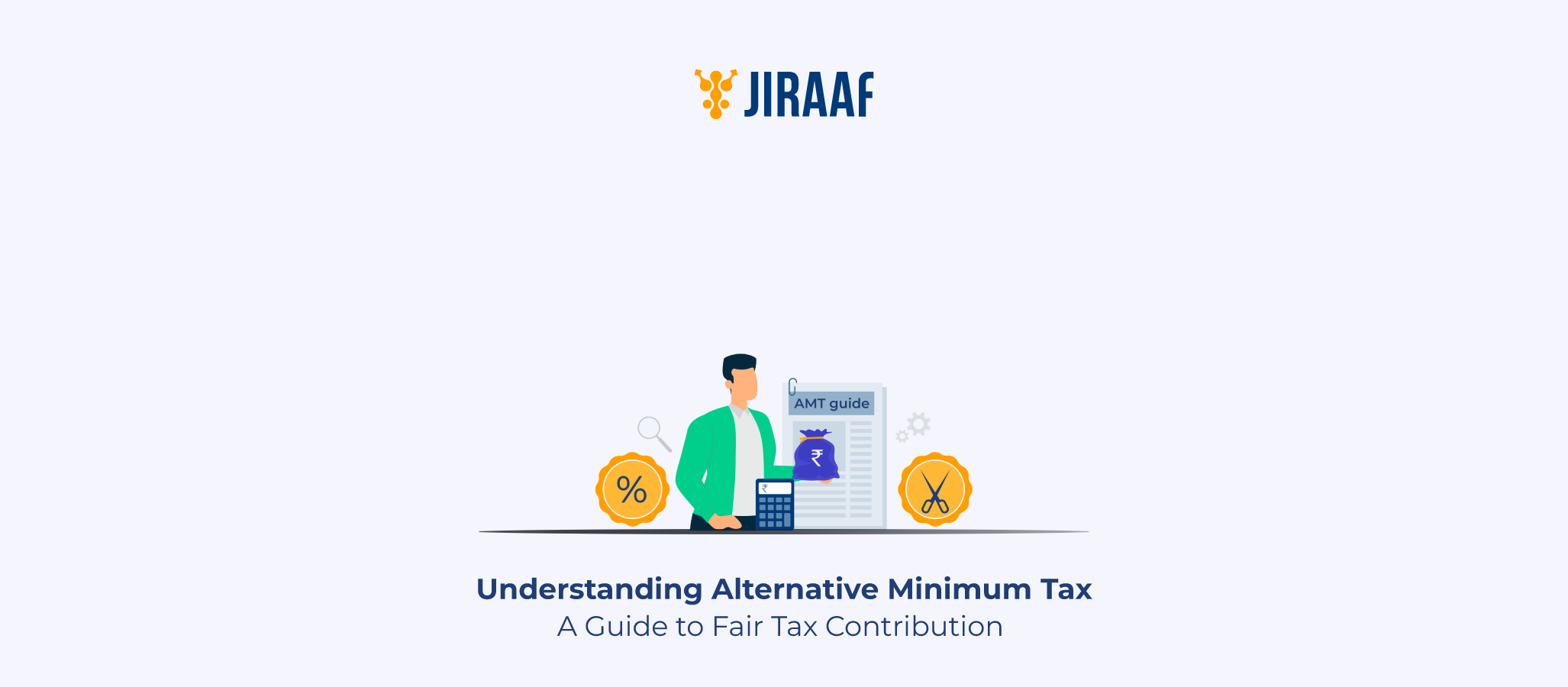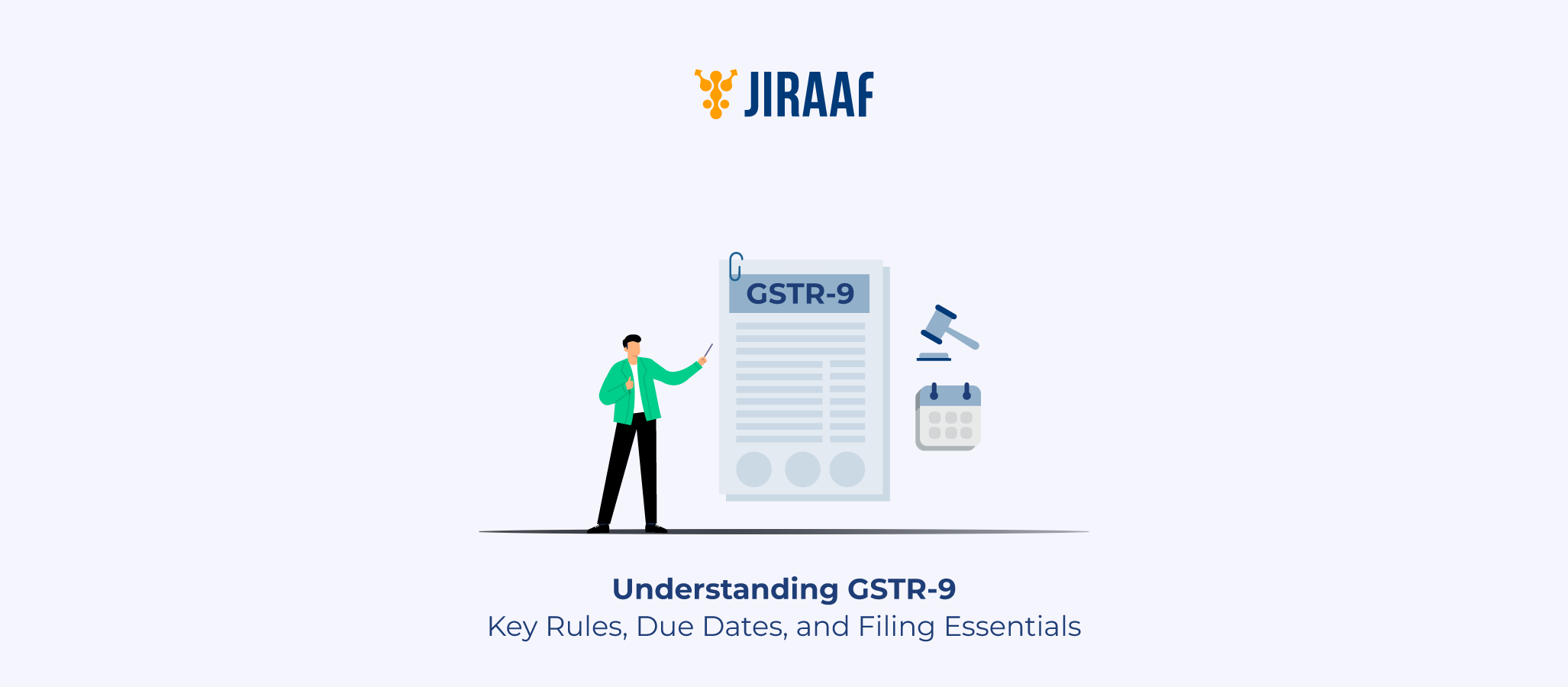An income tax audit is a formal review of your books by a chartered accountant (CA) to ensure accuracy in reporting income and deductions. Section 44AB mandates such audits for certain taxpayers in India, which are crucial for compliance, creditworthiness, and avoiding penalties. Whether you run a business or profession, knowing if you’re subject to this audit, and when, is essential.
What Is Section 44AB of the Income Tax Act?
Section 44AB requires specific assessees to have their accounts audited and submit a CA-certified audit report (Forms 3CA/3CB & 3CD). The aim is to
- Ensure metrics like turnover, income, and deductions are correctly reported.
- Help the Income Tax Department identify inaccuracies or fraud.
- Promote transparent financial compliance.
Applicability of Tax Audit Under Section 44AB
Business
You must undergo a tax audit if, during the financial year:
| Scenario | Audit Required? |
| Total turnover >₹1 crore | Yes |
| Turnover up to ₹10 crore and cash receipts & payments <5% | Audit not required |
| Turnover up to ₹10 crore and cash transactions exceed 5% | Audit required |
Professional
If your gross receipts exceed ₹50 lakh, an audit is mandatory.
Presumptive Schemes
Sections 44AD (business) and 44ADA (profession) state that an audit is not compulsory unless you withdraw from the scheme or have income higher than 6%-8% of your turnover and fail to declare it accordingly.
Tax Audit Limits for FY 2024–25
- Businesses: Audit mandatory if turnover exceeds ₹1 crore (or ₹10 crore if cash transactions are below 5%).
- Professionals: Limit ₹50 lakh gross receipts.
- Presumptive schemes: Audit needed only if opting out or not adhering to presumptive norms.
Due Date for Filing Audit Report
Submit the audit report by September 30, following the assessment year (i.e., FY 2024-25 audit report due by September 30, 2025).
Late filing can lead to:
- ₹1,000 penalty per day delay (max 0.5% of total turnover)
- Loss of benefits under Section 44AB
- Higher risk of department scrutiny
Forms for Tax Audit
| Form | Description | Applicable If |
| 3CA | Audit report with CA certificate (Section 44AB) | You maintain books and engage in business/profession |
| 3CB | Audit report without business books | You don’t maintain books (rare scenario) |
| 3CD | Statement of particulars with business details | Required with either 3CA or 3CB |
Process:
- CA audits your books, income tax returns, invoices, and financials.
- Prepares 3CD schedule and signs Form 3CA/3CB digitally.
- You file both the report and the income tax return before the deadline.
Consequences of Non-compliance
Failing to comply with Section 44AB can result in:
- High penalties (up to 0.5% of turnover or receipts)
- Disallowance of expenses under sections 40A, 43B, 43CA
- Disqualification from presumptive taxation
- Increased risk of scrutiny and notices
Role of Chartered Accountants
Only a qualified CA can perform the audit. Responsibilities include:
- Ensuring compliance accuracy
- Providing guidance on bookkeeping and tax laws
- Certifying Forms 3CA/3CB & 3CD
- Recommending internal controls and compliance improvements
Common Mistakes to Avoid
| Mistake | Impact | Solution |
| Poor record-keeping | Inaccurate reports, audit failures | Maintain digital books and proper invoices |
| Ignoring cash transaction limits | Incorrect threshold assessment | Monitor cash receipts/payments regularly |
| Late audit report filing | Penalties & lost legality | Plan with CA and set early deadlines |
| Non-reconciliation of TDS/GST | Incorrect income and deductions | Reconcile periodically with books |
Documents Required for Audit (44AB)
- Books of accounts: ledger, cash/bank book, vouchers
- TDS/TCS certificates
- GST returns and reconciliation statements
- Fixed asset register
- Details of loans, interest, depreciation
- Bank statements and reconciliation reports
- For presumptive: turnover and expense proof
Section 44AB vs Section 44AD/44ADA
| Aspect | Section 44AB (Audit) | Section 44AD/44ADA (Presumptive) |
| Applicability | Business > ₹2 crore / Profit > ₹50 lakh (profession) | Optional scheme for small taxpayers |
| Audit requirement | Always if limits exceeded | Not required unless opting out or reporting actual higher income |
| Income reporting | As per actual books | As per prescribed rate (6% / 8%) |
Final Thoughts
Section 44AB may seem like a compliance burden, but it helps you streamline financial reporting, improve accuracy, and reduce future penalties or scrutiny. With digital bookkeeping and early planning, an audit becomes less daunting and more of an opportunity to tidy up business operations and reporting.
FAQs
Who is required to undergo a tax audit under 44AB?
Businesses with turnover > ₹2 crore or professionals with gross receipts > ₹50 lakh; also presumptive scheme disqualifications.
What is the turnover limit for audit in FY 2024–25?
₹1 crore for business (or ₹10 crore if cash receipts and payments are below 5%) and ₹50 lakh for profession.
What happens if I miss the tax audit deadline?
Penalty of ₹1,000 per day (max 0.5%), disallowed deductions, and increased scrutiny.
Are salaried individuals subject to tax audit?
Only if they have business income exceeding audit thresholds.
Is audit mandatory under presumptive schemes?
No—unless actual income exceeds presumptive rate or you opt out.
Discover fixed income investments with Jiraaf, a SEBI registered online bonds platform that educates and brings access to a wide array of bonds. Sign up today to explore diversified fixed income investment opportunities to support your goal-based wealth creation journey. Start investing!









